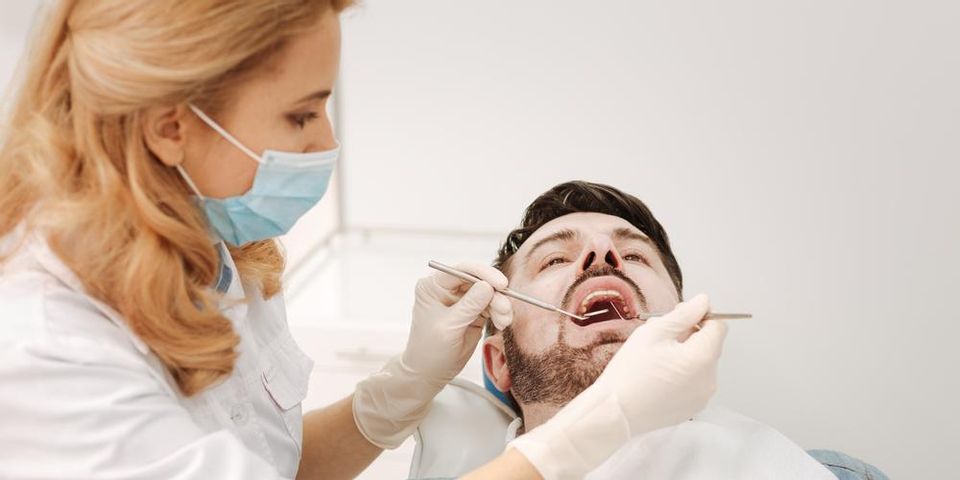What Is Calculus & How Does It Affect Your Oral Hygiene?

Calculus, also known as tartar, is a hardened form of plaque that can adhere to your teeth. In addition to discoloration, the bacteria found in tartar increases your risk of various oral health problems—including cavities and gum disease. Fortunately, with proper oral hygiene and help from a dentist, you can effectively defend your teeth against this problem. To help you better protect your smile, here is what you need to know about dental calculus.
How Does Calculus Form?
Plaque is a sticky film containing oral bacteria that adheres to teeth and gums. Over time, it mineralizes and hardens above and below the gum line. The process doesn’t take long to occur. If plaque isn’t removed within 24 to 72 hours of forming, it turns into tartar.
While calculus can form in any individual, it is more common among people with certain oral health issues—such as those with dry mouth and crowded teeth. Those who smoke are also more likely to develop the problem.
What Are the Common Signs of Calculus?
 In some cases, you can spot calculus by looking at your teeth. Typically, these tartar buildups cause dark yellow or brown deposits on the enamel and along the gum line. Its porous quality also makes it likelier to discolor when consuming staining foods and drinks, such as pasta sauce and coffee.
In some cases, you can spot calculus by looking at your teeth. Typically, these tartar buildups cause dark yellow or brown deposits on the enamel and along the gum line. Its porous quality also makes it likelier to discolor when consuming staining foods and drinks, such as pasta sauce and coffee.
When tartar problems advance, you may develop toothaches related to cavities. If the buildup causes gum disease, you might also notice red, swollen, tender, or bleeding gums. Often, the bacteria in calculus contributes to chronic bad breath.
What Can I Do to Prevent Calculus?
To remove plaque before it mineralizes, keep up oral hygiene by brushing your teeth twice a day for two minutes at a time. Flossing and rinsing with mouthwash is also critical to eliminating buildup in places where your toothbrush cannot reach.
While brushing and flossing at home minimizes plaque, these habits don’t remove all of it. Visit the dentist at least once every six months for a comprehensive cleaning that includes professional scaling and planing. During treatments, a provider will use specialized tools to loosen and remove deposits along the teeth and gums.
Don’t let tartar problems advance; turn to the friendly specialists at iCare Dentistry. As a trusted family dentistry clinic in Gwinnett County, GA, this team is equipped to detect calculus buildup and safely remove it through in-depth cleaning. If necessary, their dentists will diagnose and treat issues related to tartar problems and poor oral hygiene—including gum disease, cavities, and tooth infections. To learn more about their approach, visit them online. For appointments, call (770) 609-6106.
About the Business
Have a question? Ask the experts!
Send your question

